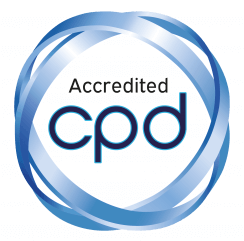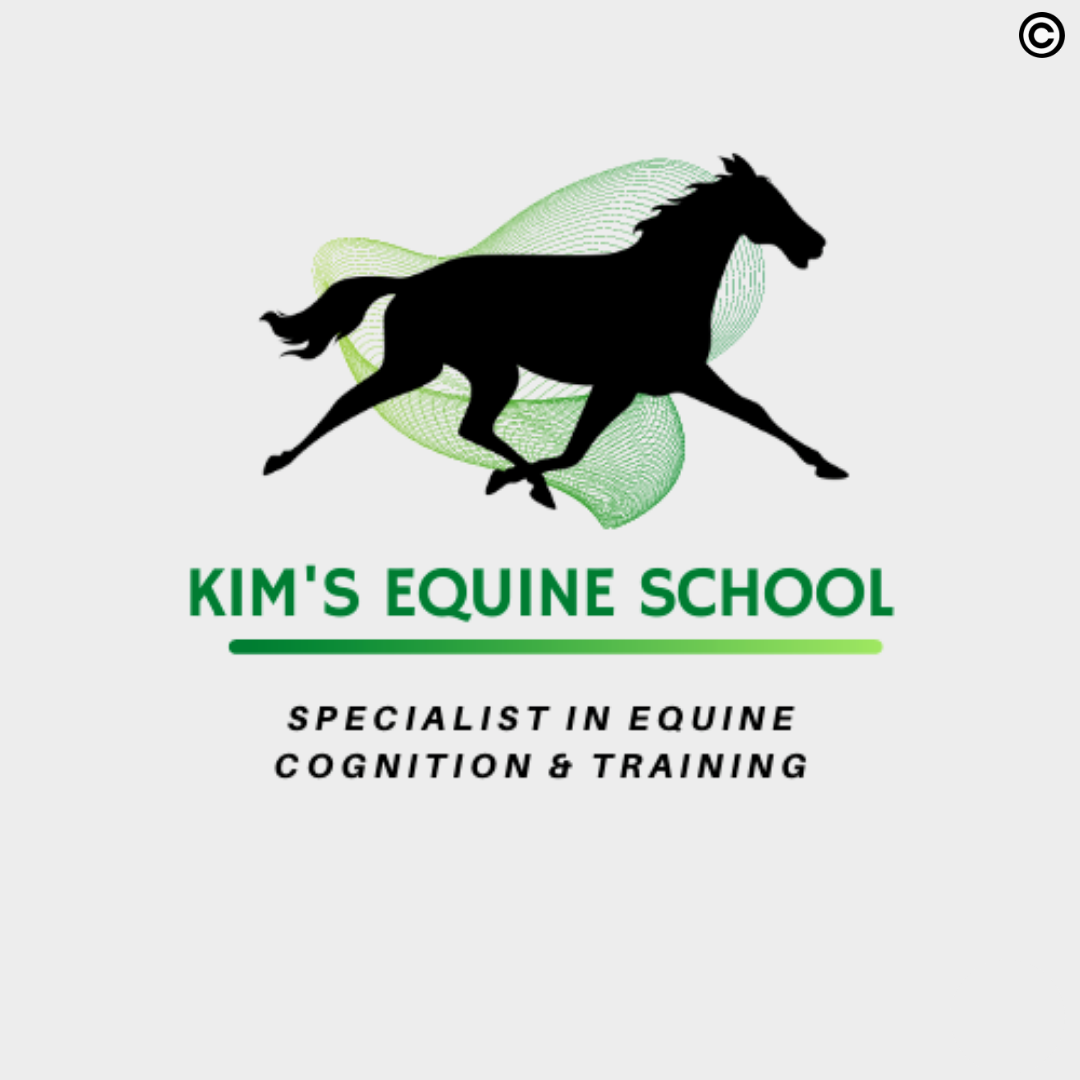Kim’s Equine School
CPD Standards Office Provider Number: 22563
Send an enquiry to this training provider


Category: Animal Care & Veterinary, Personal & Professional Development, Science, Sport & Fitness
Description:
Our Mission
To improve the emotional and physical wellbeing of horses through the education of the equine community, therefore embedding evidence-based ethological needs as best-practice in an integrated approach to equine management and training, and promoting sustainable and progressive equine behaviour practice.
Non-clinical signs and equine communication are only very briefly covered in most training syllabus, however, equine behaviour issues are very prominent in today's equine population - these could often be resolved with accessible changes in the management/training routine, if only the owner or manager knew how to interpret signs of discomfort or pain in the equine behaviour – this is why our courses aim to break this communication down in easy to understand, and evidence-based chapters.
A little About Us
Courses offered on our website have been created by accredited Master level experts. Having acquired theoretical learning at University level, and having previously worked in practice, our school aims to provide you with courses of a high level of expertise on the specific subjects that interest you in particular; therefore giving you access to valuable knowledge at a minimum price. This acquired expertise allow our attendees to trust the information they are getting and transfer it to their own training and management routine.
What makes us different?
One of our aim when we created Kim’s Equine School in 2022, was to make current content and advances within animal behaviour approachable to professionals (and non-professionals) that might not have the time or resources to stay up to date with the amount of research being produced around equine health and behaviour. Although some content gets a certain amount of recognition via social media, a lot of valuable information and research is often missed out, therefore creating a gap in what could be implemented in our daily practices (inclusive of all disciplines). Our aim is to also help our attendees understand how those advances should be considered in their practices when approaching general care/training and challenges – therefore ensuring that there are always key takeaways from their participation.
Our online campus also means that the attendees can study in their own time wherever they are located in the world, whilst having the advantage of having a personal tutor present whenever it is needed.
Accredited Activities:
Who Should Attend:
We provide online courses that are aimed at both professionals and non-professionals in the equine industry (including riders, jockeys, coaches, yard owners, veterinarians, veterinary nurses….), as well as enthusiasts of animal behaviour and wellbeing. The primary aim of our courses is to bring more awareness on equine behaviour as part of the health, training and daily management systems. This means that the content of our courses is beneficial towards anyone that has an interest or is in contact with horses. With the great level of information present in our courses they are also suitable for attendees looking to progress in their careers, or for the ones potentially looking to change path for a career or engaging in studies within the equine industry. Although our courses have been written by professionals, with years of experience in the equine industry, including working with OFTT TB and SB, rescued horses, and internationally recognised qualifications (MSc, FFE exmams..), we ensure that our content is always accessible and approachable for the lay-owner that might not have as much experience in the equine industry. To do so, our courses uses real-life scenarios (both during the presentations and assessments) that most of us have at least encountered once in our own experiences with horses – this is a helpful way to bridge the gap between theoretical knowledge and practice.
